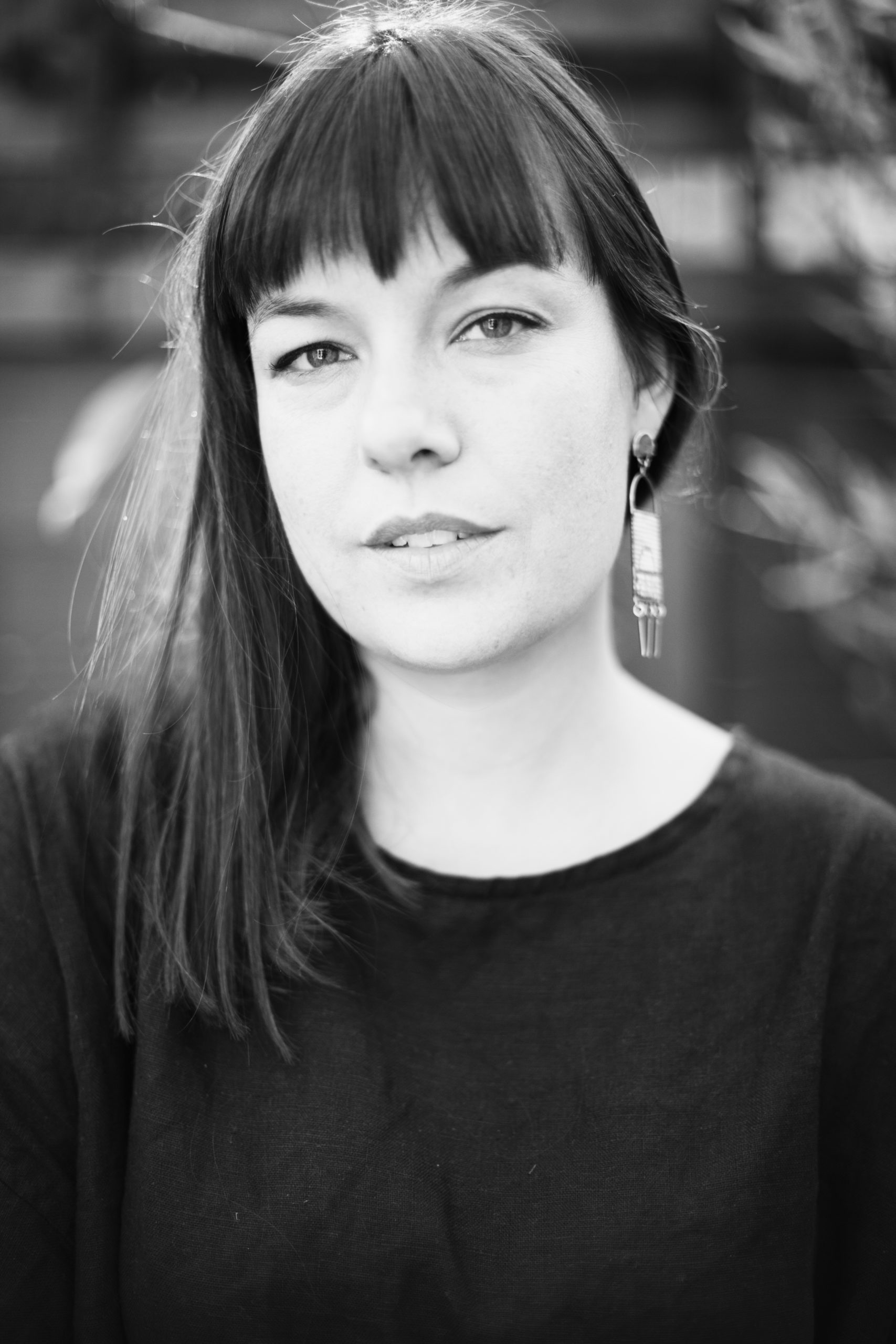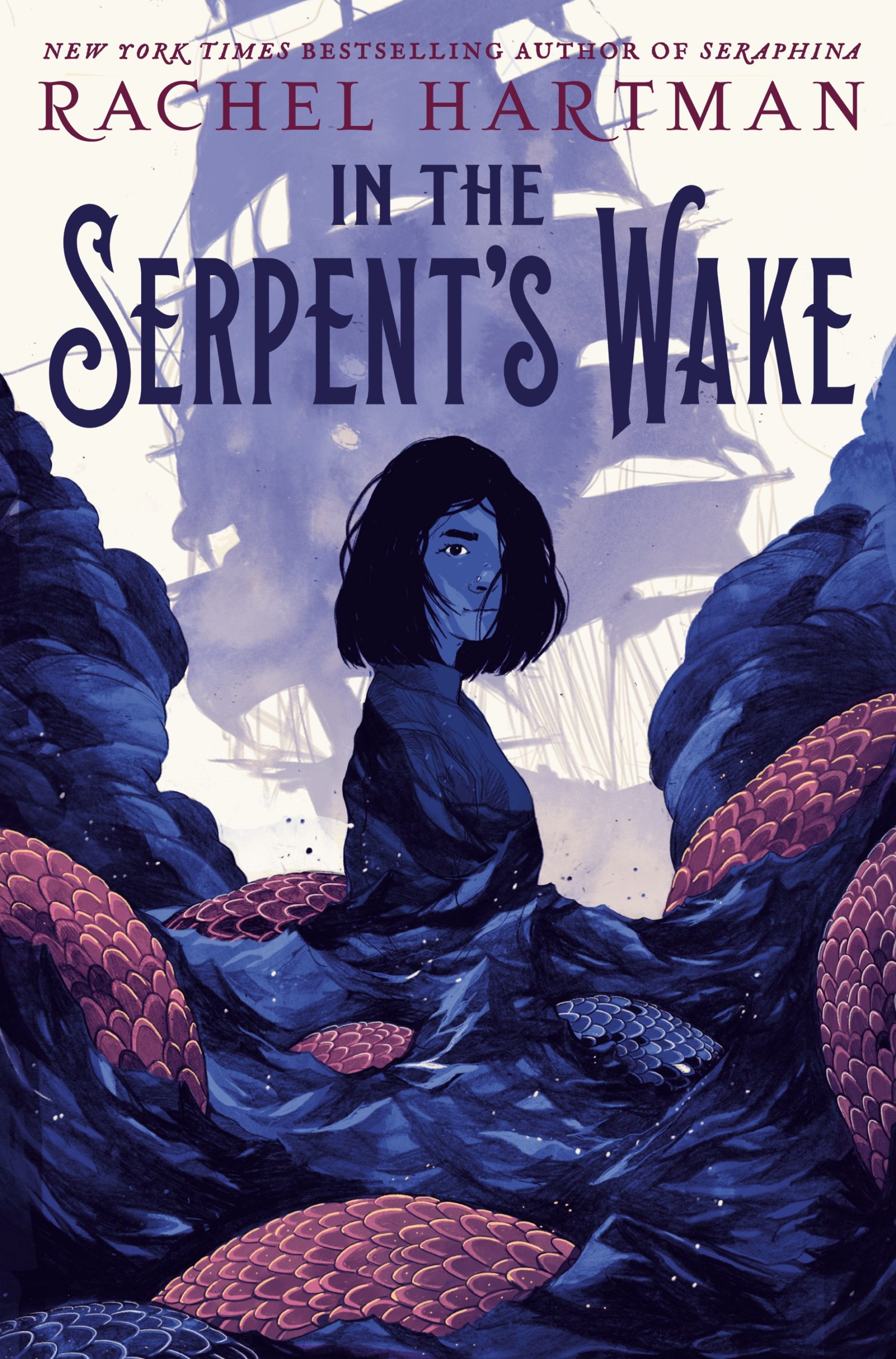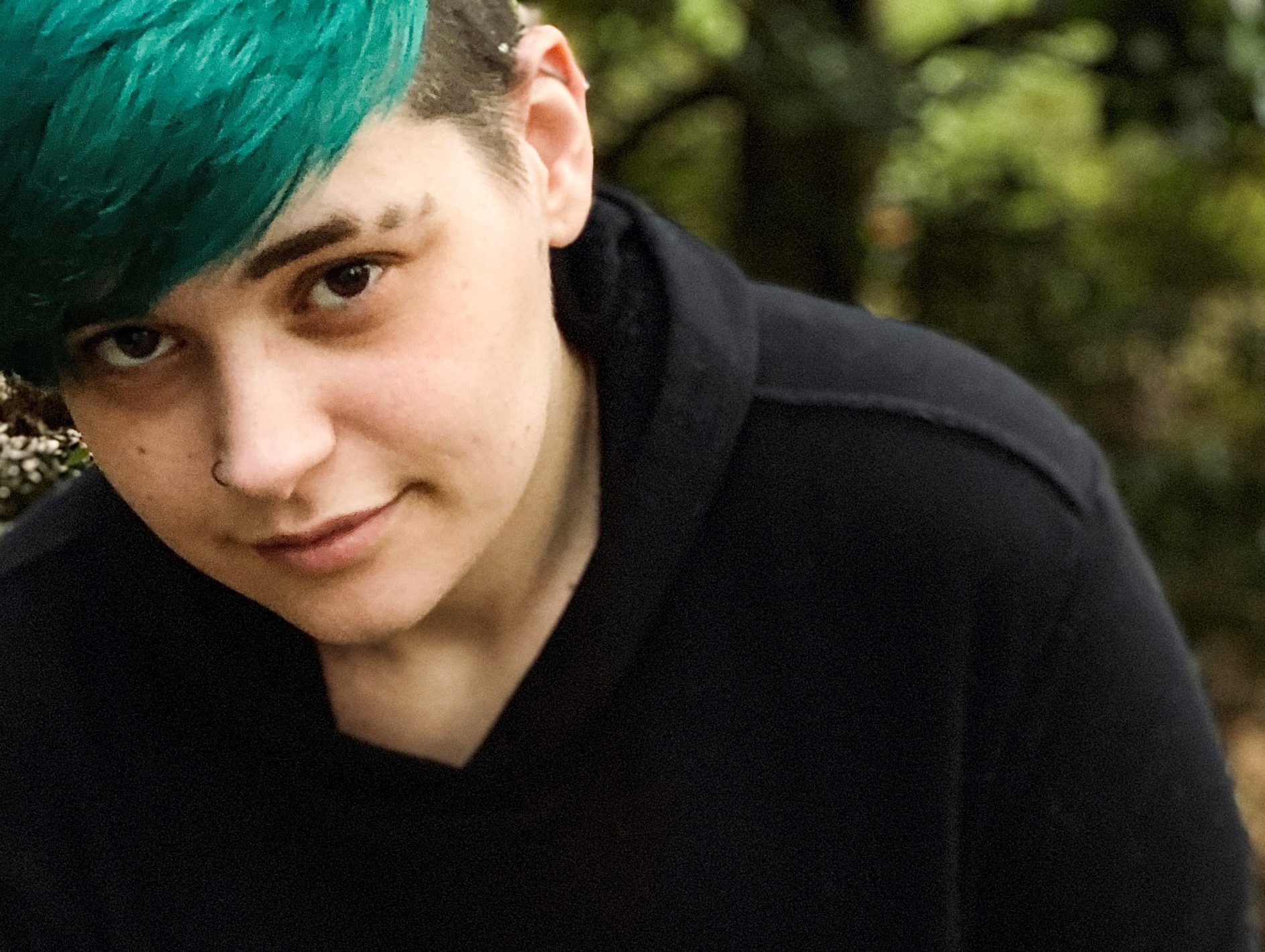
by Michele Kirichanskaya | Dec 14, 2022 | Blog
NINA LACOUR is the Michael L. Printz award-winning and nationally bestselling author of Watch Over Me, We Are Okay, Hold Still, and Everything Leads to You. She hosts the podcast Keeping a Notebook and teaches for Hamline University’s MFA in writing for Children...

by Michele Kirichanskaya | Jun 8, 2022 | Blog
Rachel Hartman is the author of the acclaimed and New York Times bestselling YA fantasy novel Seraphina, which won the William C. Morris YA debut Award in 2013, and the New York Times bestselling sequel Shadow Scale and Tess of the Road. Rachel lives with her family...

by Michele Kirichanskaya | Jun 4, 2021 | Blog
H.E. Edgmon (he/they) is a high school and college dropout, a militant queer, and an author of books both irreverent and radicalizing. His stories will always center the perspective of Indigenous people, trans people, and survivors of trauma. At present, he’s probably...




